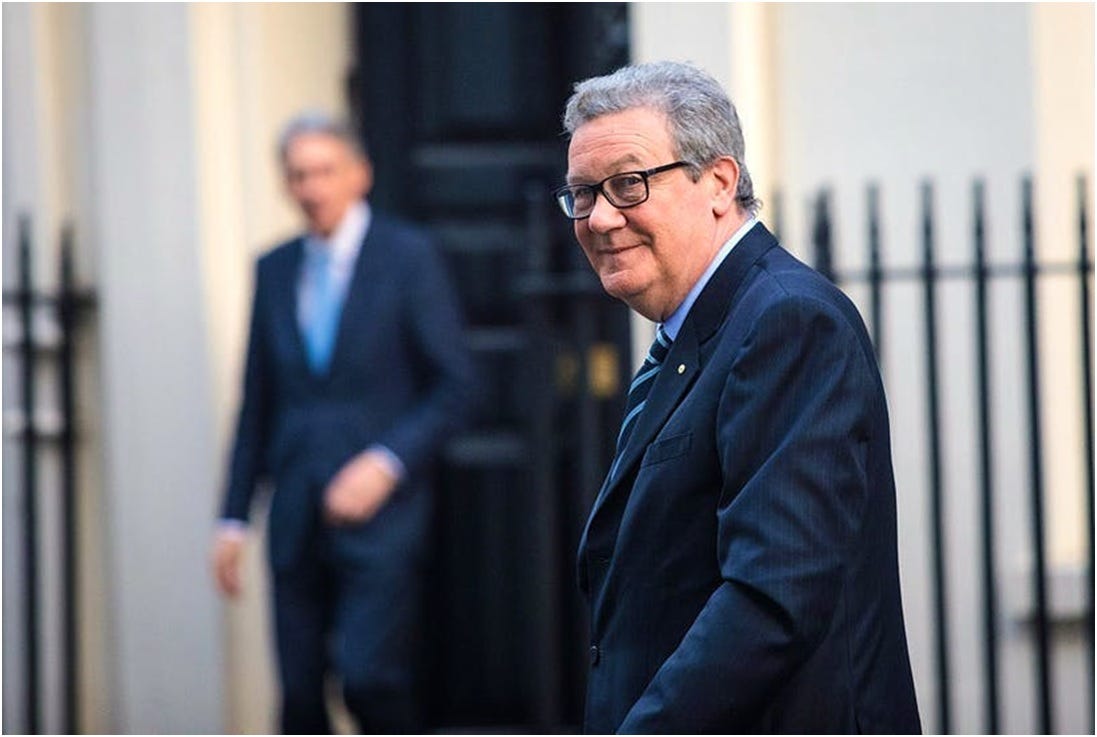Australian Government Goes After Whistle-blowers
Scapegoats for misdeeds, mismanagement and vested interests
By: Murray Hunter
The latest chapter in Australian government deceit is playing itself out in a Magistrates Court in Canberra, where two people, one known only as Witness K, a former Australia Secret Intelligence Service operative, and his lawyer, former Capital Territory attorney general Bernard Collaery, have been caught up in an extraordinary 17-year …
Keep reading with a 7-day free trial
Subscribe to Asia Sentinel to keep reading this post and get 7 days of free access to the full post archives.

